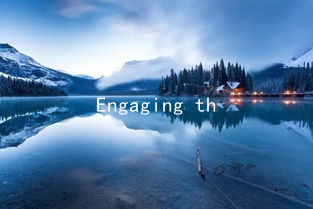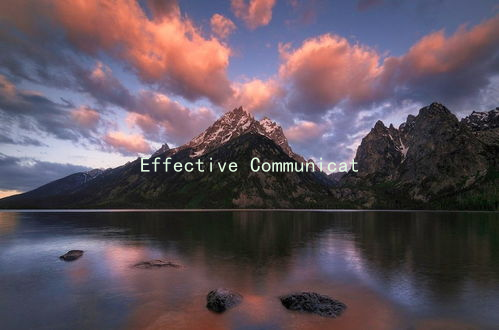What is Emotion? A Guide to Mastering Relationship Dynamics
What is Emotion? A Guide to Mastering Relationship Dynamics
Emotions are central to human experience, especially when it comes to relationships. They govern our interactions, shape our perceptions, and significantly influence how we connect with others. Understanding emotions is crucial not just for personal growth, but also for building and maintaining healthy romantic relationships. This guide aims to provide insight into the nature of emotions and how mastering them can enhance your relationship dynamics.
At the core of every relationship lies a complex web of feelings. Emotions often serve as the communication bridge between partners. Love, joy, sadness, anger, and fear—all play pivotal roles in how relationships evolve. Recognizing and acknowledging these emotions in yourself and your partner is the first step towards effective communication.
One essential aspect of emotional intelligence in relationships is the ability to express emotions clearly and respectfully. Articulating feelings like frustration or disappointment without blame can prevent misunderstandings. For example, instead of saying, You never listen to me, try expressing, I feel unheard when you don’t respond during our conversations. This shifts the focus from accusations to expressing personal feelings, promoting a more constructive dialogue.
Moreover, emotional validation is a critical component of healthy relationships. Validating your partners feelings doesnt necessarily mean you agree with them, but it shows that you understand and respect their emotional experience. Phrases like I can see why you feel that way or It makes sense you would be upset can foster intimacy and trust, which are essential for a durable partnership.
Another key technique in navigating relationship dynamics is practicing empathy. Empathy allows you to put yourself in your partners shoes, leading to deeper connections. When conflicts arise, take a moment to consider your partner’s perspective. A simple question like, How would you feel if you were in my position? can open the door to mutual understanding and collaboration in finding solutions.

Conflict, while often perceived negatively, can actually be a catalyst for relationship growth if managed appropriately. Instead of avoiding conflicts or letting them escalate, approach them as opportunities to learn more about each other. Use “I” statements to express feelings and focus on solutions rather than assigning blame. This not only helps in resolving the immediate issue but also strengthens the bond between partners.
Additionally, it’s important to cultivate positive emotions within your relationship. Regularly expressing appreciation, affection, and admiration can reinforce a sense of connection. Simple acts such as saying thank you, complimenting your partner, or taking time to share joyful experiences together can create an emotional reservoir that helps buffer against the inevitable conflicts that arise.
In mastering relationship dynamics, its also crucial to recognize that emotions can be fluid and context-dependent. What you feel in one moment may change in another. Being adaptable and understanding that both you and your partner may experience a range of emotions can promote patience and compassion. Allowing space for these fluctuations can enhance the overall emotional climate of the relationship.
Lastly, self-awareness plays a significant role in emotional mastery. Reflect on your own emotions, triggers, and patterns of behavior. This awareness can help you respond thoughtfully rather than react impulsively. When you understand your emotional landscape, you are better equipped to communicate effectively with your partner, leading to a healthier and more fulfilling relationship.
In conclusion, emotions are fundamental to the mechanism of relationships. By learning to navigate and master them, you can enhance your relationship dynamics significantly. This journey involves expressing feelings clearly, validating your partner’s emotions, practicing empathy, managing conflicts constructively, nurturing positivity, and maintaining self-awareness. By committing to this emotional mastery, you not only enrich your own life but also contribute to a harmonious and lasting partnership.





